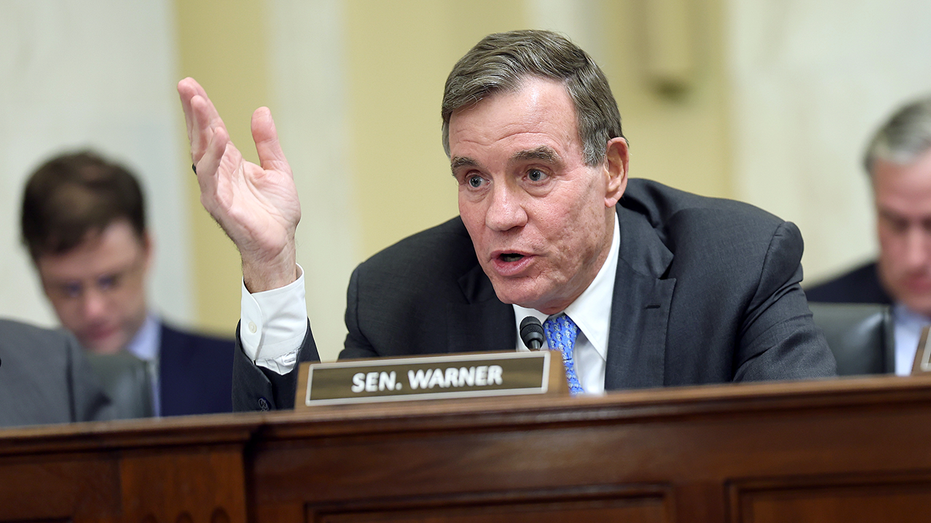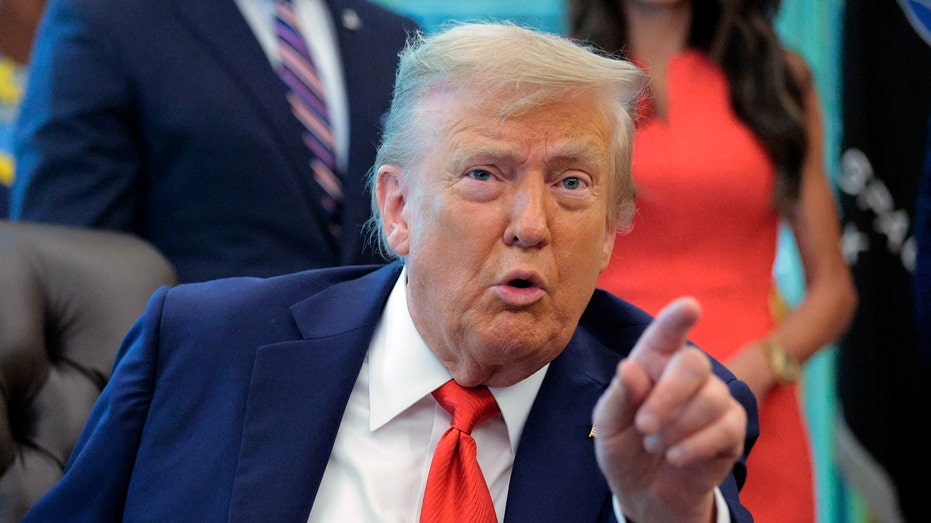A political candidate in Illinois is facing serious consequences for actions taken during protests against federal law enforcement. Katherine Abughazaleh, running for Congress, found herself on the wrong side of the law after escalating confrontations with ICE agents.
The initial incident occurred during a demonstration blocking an ICE processing facility. A chaotic scene unfolded when a protester intercepted a dropped tear gas canister and hurled it towards a NewsNation reporter, adding to the already tense atmosphere.
Abughazaleh’s involvement didn’t end there. She directly engaged with ICE agents, leading to a swift intervention by one officer. This wasn’t an isolated event; just a week later, she again obstructed an ICE vehicle, openly boasting about it online.

The situation reached a critical point when Abughazaleh and five others were indicted on charges of conspiring to impede federal officers. The charges stem from the second incident, where she actively blocked an ICE vehicle’s operation.
Responding to the indictment, Abughazaleh framed the charges as an assault on First Amendment rights. She described a pattern of aggressive tactics used against protesters, including pepper spray and tear gas, characterizing ICE’s actions as a form of intimidation.
This case highlights a growing pattern of disregard for the law among certain activist groups. Years of witnessing unrest and confrontations with law enforcement may have fostered a belief that the First Amendment provides cover for disruptive and even violent behavior.
The unfolding legal battle raises questions about the boundaries of protest and the responsibilities of those who choose to engage in direct action against government agencies. It underscores the potential consequences of escalating confrontations and the limits of protected speech.
The situation reveals a concerning trend of entitlement and a perceived immunity from legal repercussions, suggesting a disconnect between ideology and the rule of law. The outcome of this case could set a precedent for future protests and the handling of similar confrontations.





